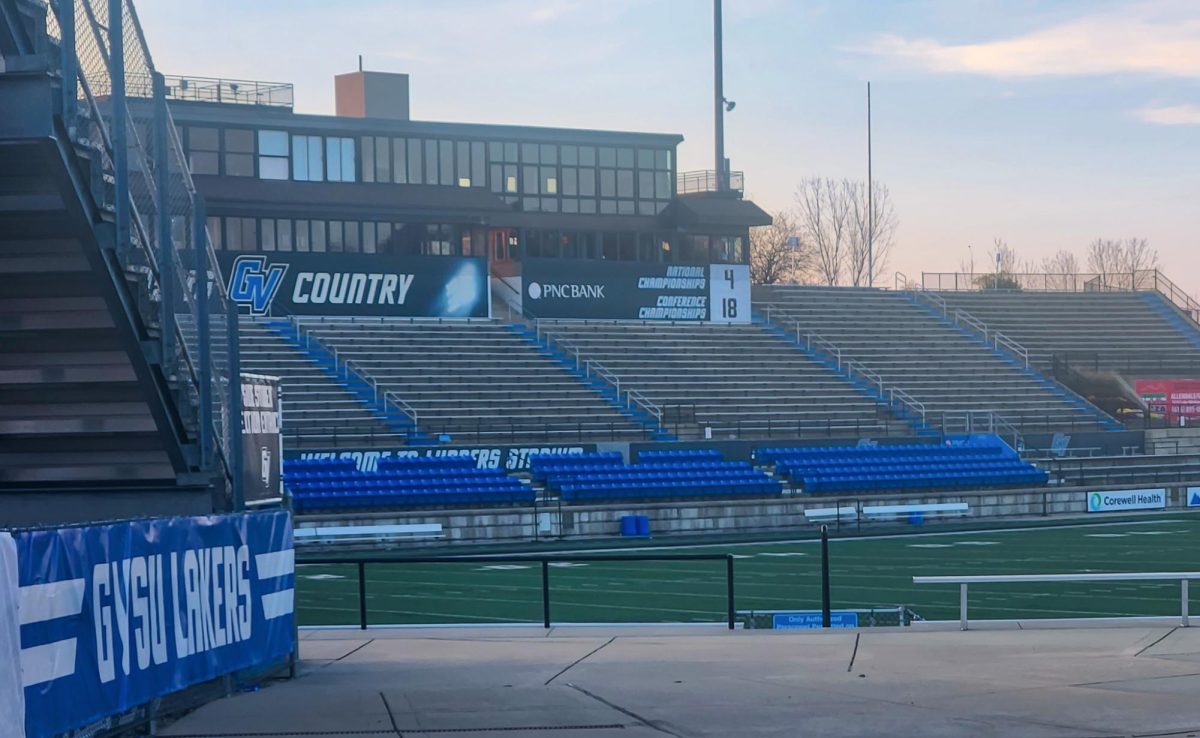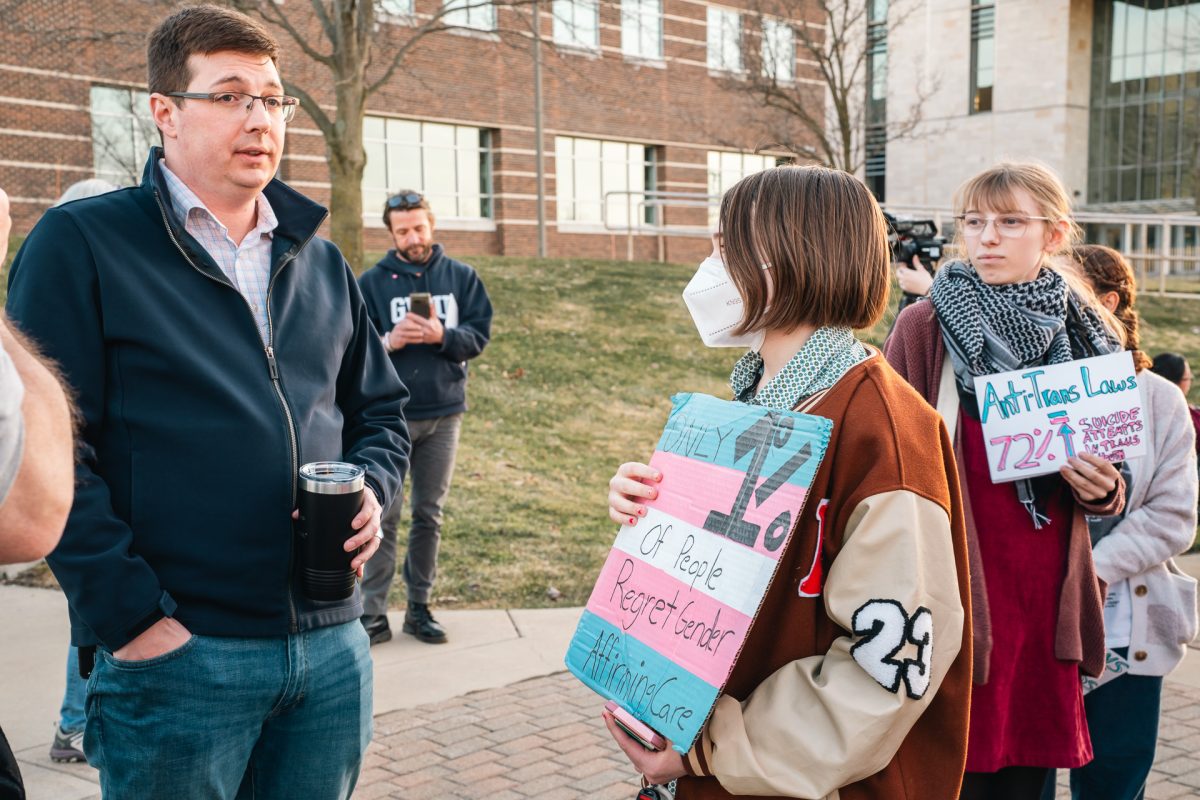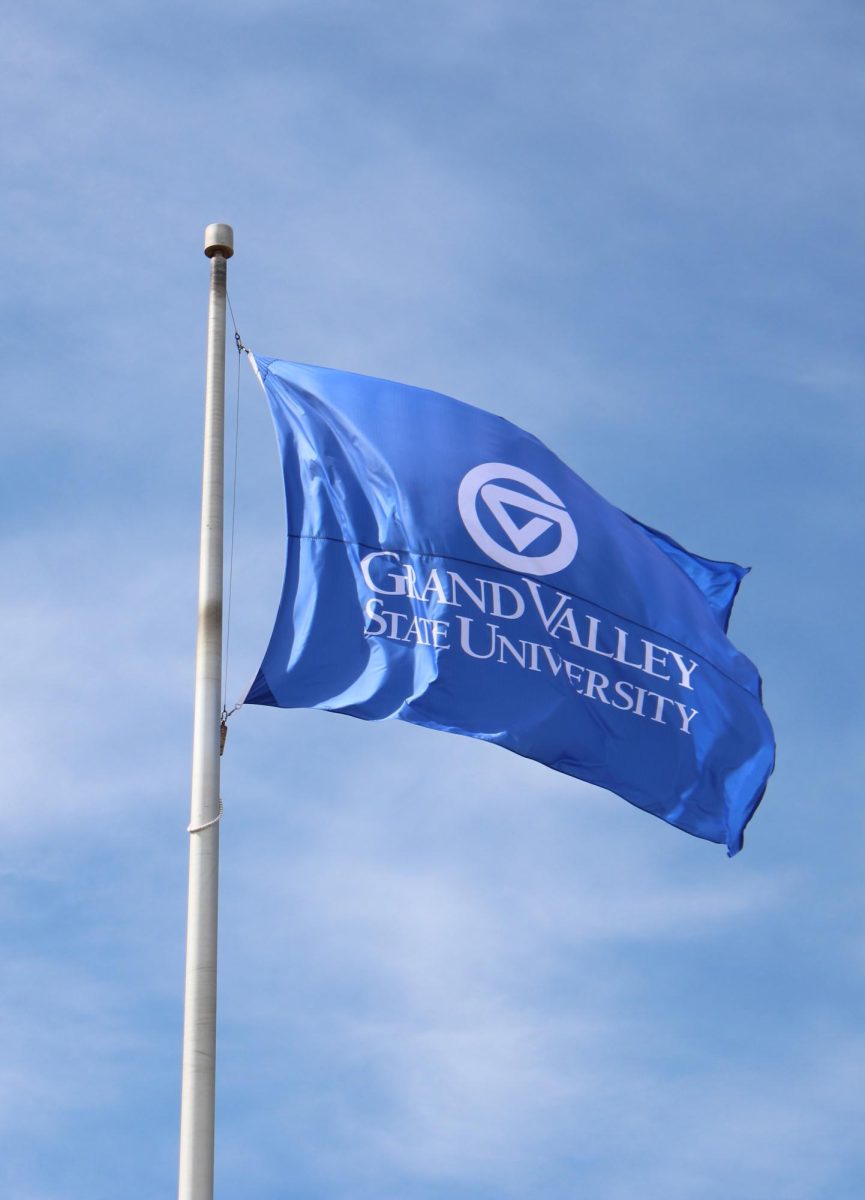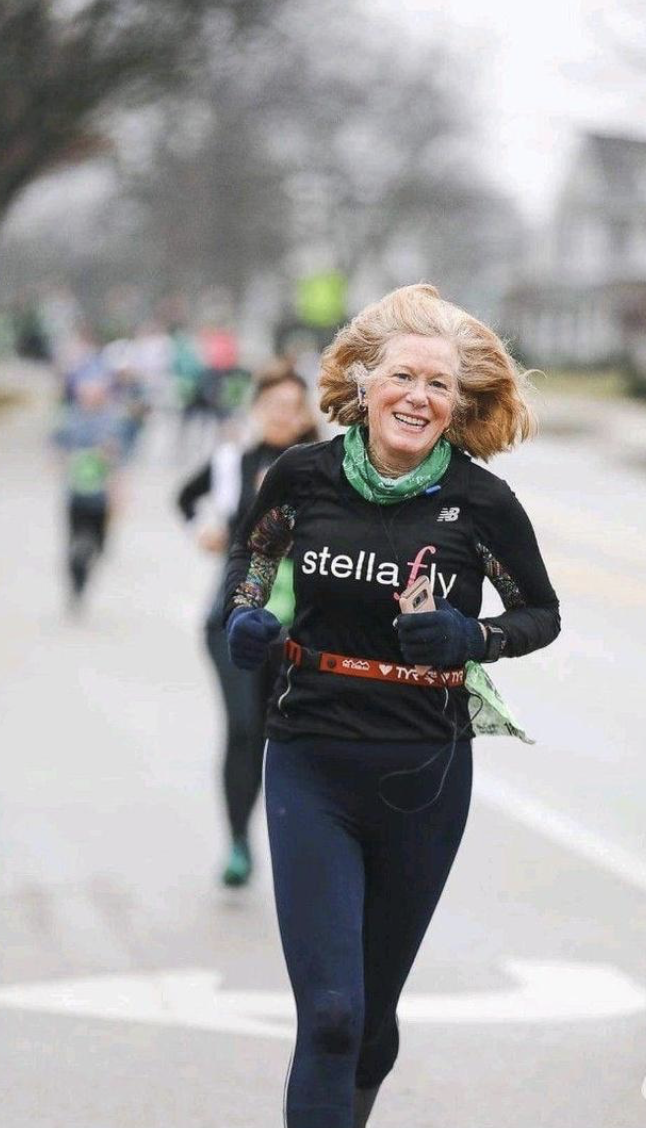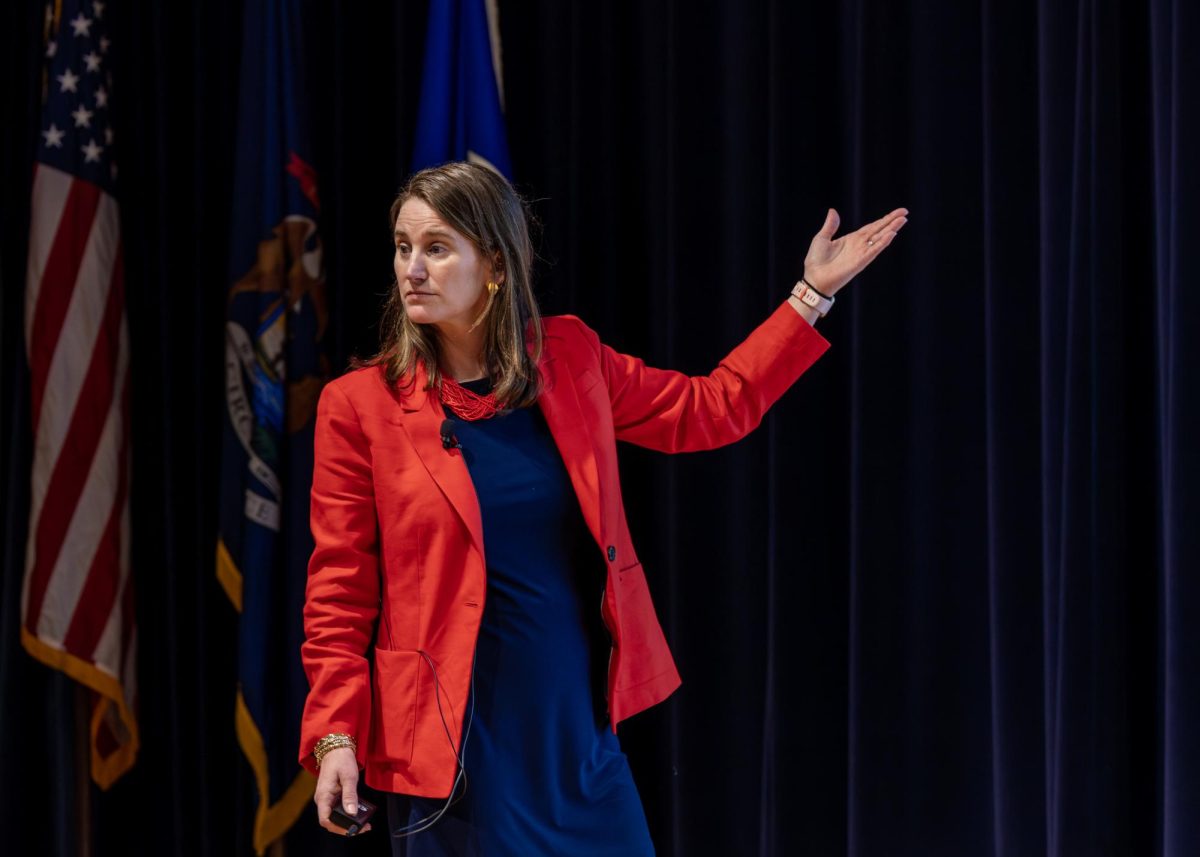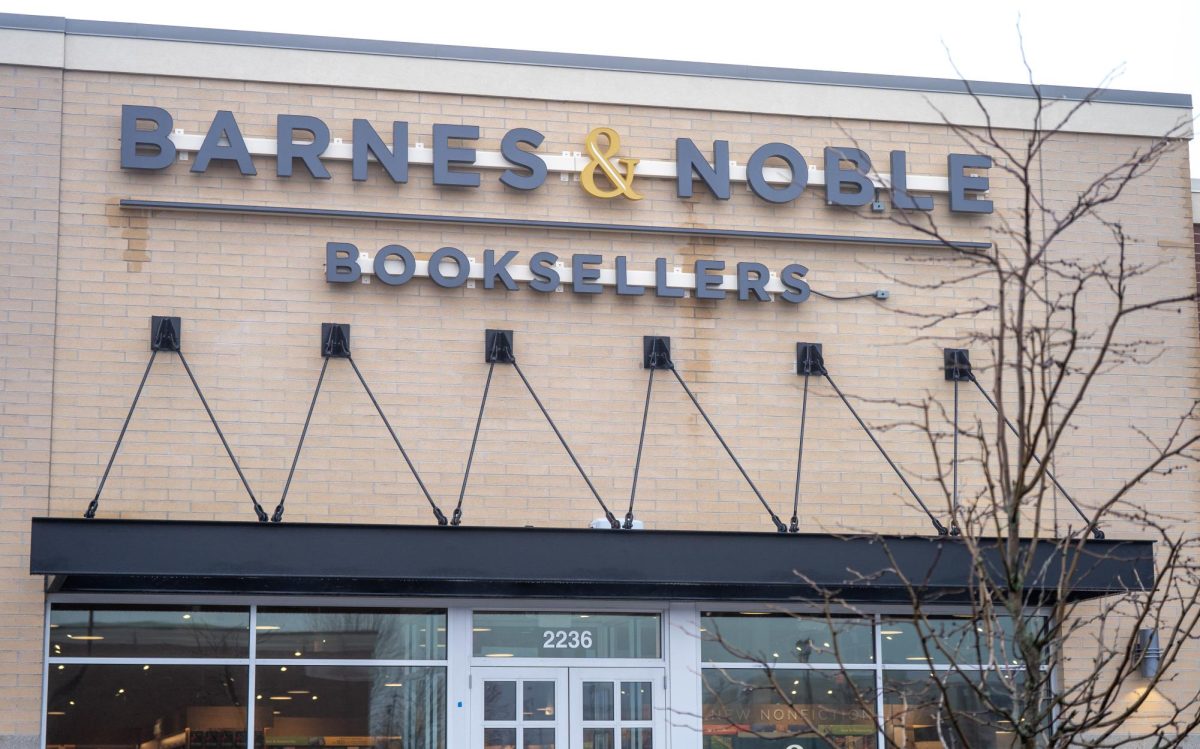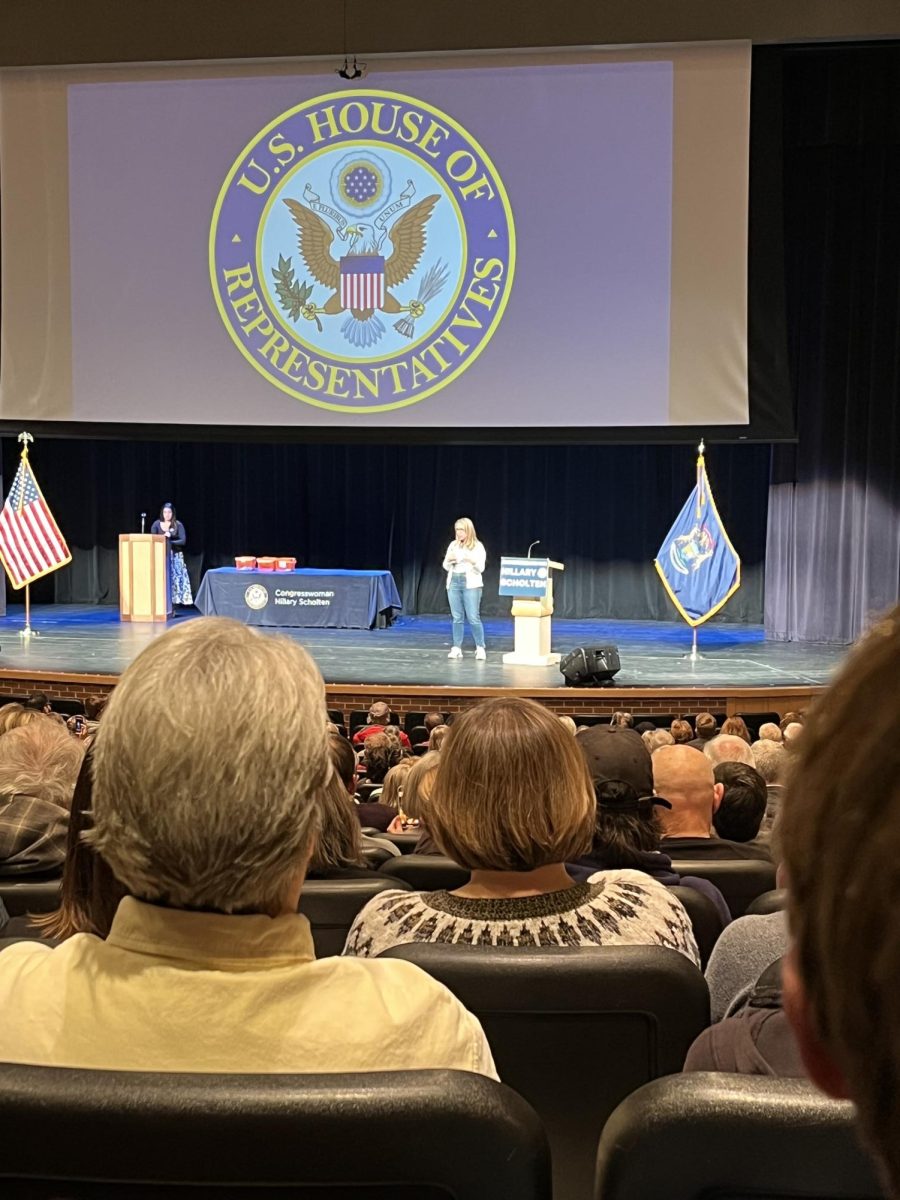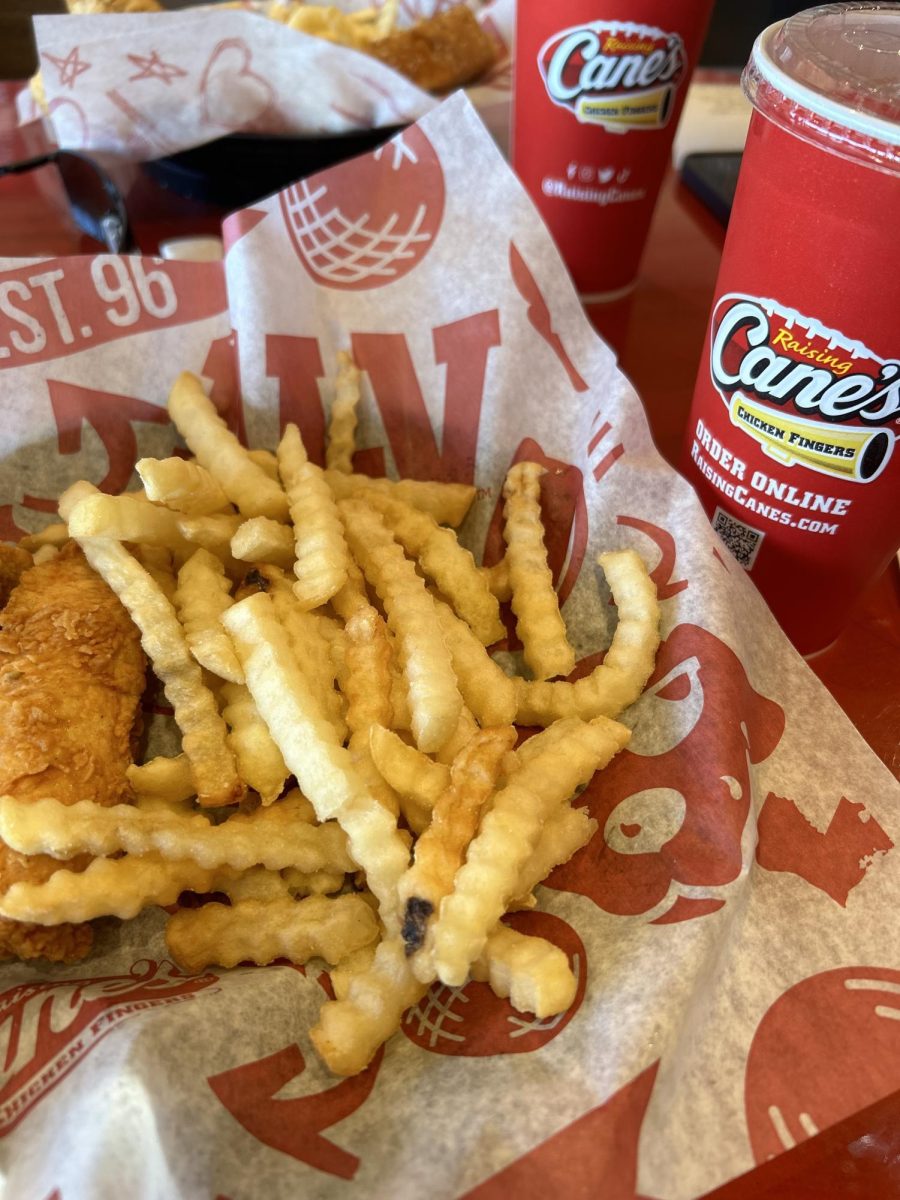Grand Valley State University sold beer at the concession stands for the first time during the homecoming football game on Oct. 28. GVSU is historically a “dry campus,” which means alcohol is prohibited from university facilities, with some exceptions including designated tailgate areas within a particular timeframe. The sale of beer and other alcohol at the game could potentially adjust the university’s alcohol policy to a permanent move in the future.
Michigan law passed in July allowed in-state universities to sell alcohol in college sports arenas. House Bill 4328 and Senate Bill 247, gave each Michigan university the right to acquire liquor or tavern licenses for the purpose of making alcohol available for purchase to those aged 21 and older one hour before a sporting event. GVSU first began their own alcohol sales at the Homecoming Game. Earlier this season, Michigan State University began alcohol sales at Spartan Stadium on Sept. 16 and Western Michigan University utilized the new policy starting at their season opener on Aug. 31. The University of Michigan is set to begin sales starting Jan. 1, 2024.
The GVSU Board of Trustees expressed interest in the sale of alcohol at sporting events back in June, according to MLive. The support for the sale was followed through in the Oct. 28 game.
In June, Gregory Sanial, Chief Financial Officer and Vice President for Finance and Administration said the safety and well-being of the fans and students alike is going to be a primary focus.
“Our first priority is safety for our fans and the community,” Sanial said. “If we move forward with sales at our events, we will do so when we are confident we can provide an enhanced fan experience in a safe and responsible manner.”
This decision may be somewhat at odds with GVSU’s alcohol and drug policy, which has historically been in favor of alcohol-free programs.
For GVSU students, reactions are varied. Caleb Pratt, 21, said he was in favor of the change.
“Students were bringing alcohol to the events anyway, the school might as well help the cause,” Pratt said.
As far as benefits from this new policy, Pratt said the new policy “could be a reduction in drunk drivers surrounding and inside (of) campus.” He determined if alcohol is available close by, students will no longer have to get in their vehicles to purchase more alcohol.
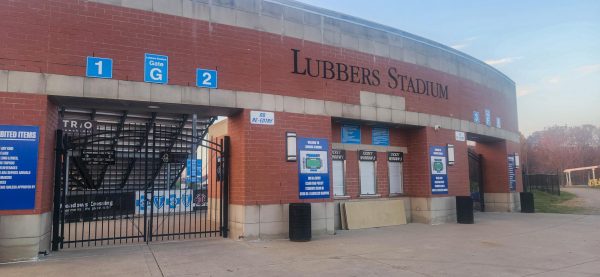
Thomas Meyer, 19, thinks a sporting event is an appropriate place to sell alcohol but can’t see many benefits to allowing alcohol to be sold in a campus setting with many younger attendees.
“Other than sporting events, it doesn’t make much sense, because the vast majority of people who live on campus are underage anyway,” Meyer said.
Nik Tompkins, 21, believes this could be an economic opportunity for GVSU if executed correctly. Tompkins believes profits from this policy could reduce costs in other areas around campus.
“As long as proceeds go towards the campus and not into administrators’ pockets, I think it’s a good idea,” Tompkins said. “Proceeds could go towards improving the campus and or expansions. They could go towards making things like parking passes cheaper.”
Other students were less enthusiastic about the university’s new approach as it regards the sale of alcohol on campus.
GVSU alum Tyler Walters, 26, said he could see the potential benefits for GVSU but not necessarily for students. Walters, a former GVSU cross-country runner, believes the policy could have negative effects on students.
“It will probably increase attendance and keep people at games longer,” Walters said. “I think it will be a net negative and could even raise tuition rates.”
As the university moves towards selling alcoholic beverages at different sporting events, representatives for the school have emphasized their interest in the well-being of students regardless of the decision.
Chris Knape, Assistant Vice President of University Communications – Media and Public Relations, said he aims for students to remain safe even if alcohol consumption at sporting events is endorsed by the university.
“Safety is the key for us,” Knape said. “If we’re going to do this, we want to make sure we’re doing it right and that we’re doing it in a safe and responsible manner that makes for a more fun environment and does not detract from the fan experience.”





